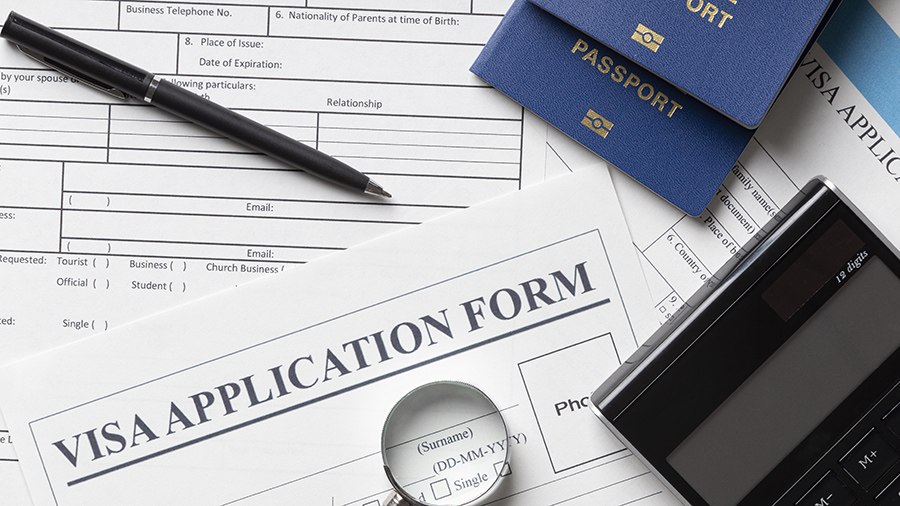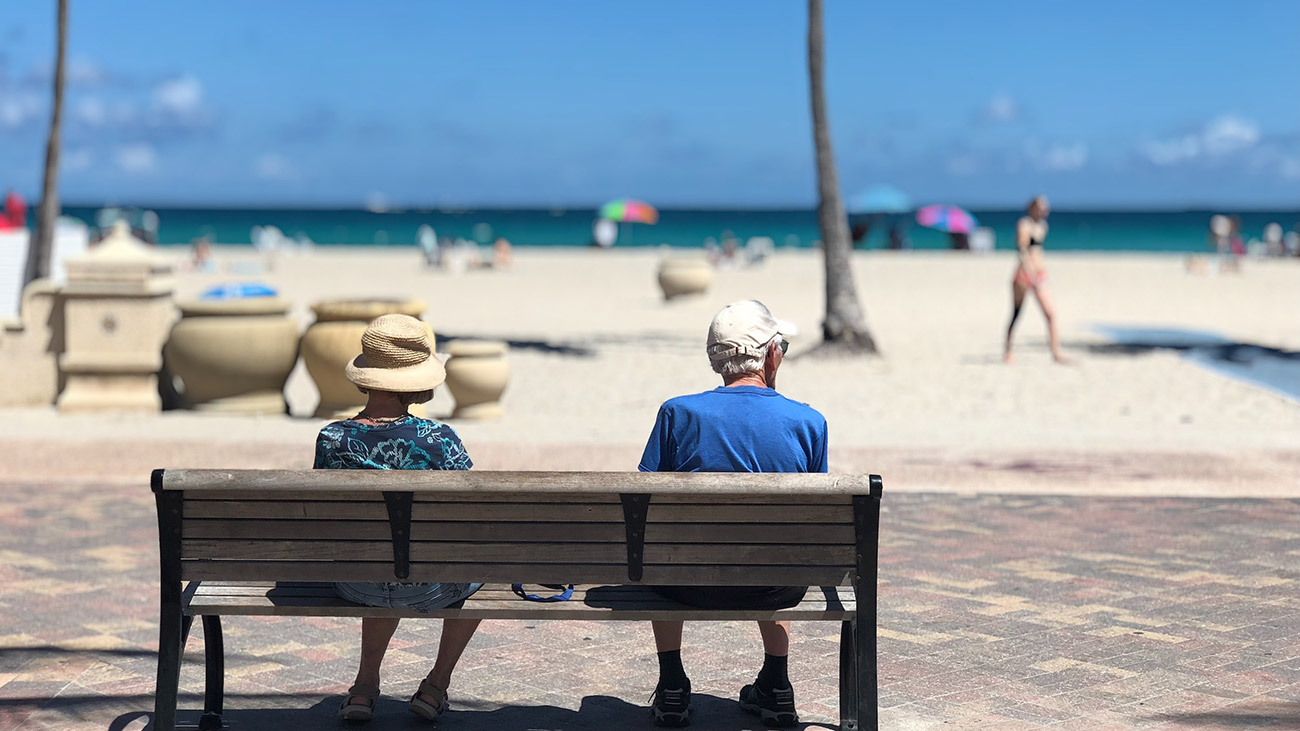Retiring abroad and launching into a new life is an exciting thought to explore. For many, it’s their chance to embark on an adventure with their family. Countries with a lower cost of living also offer a more practical retirement path and a faster route to financial freedom.
But how easy is it to retire abroad? We put together a list of essential things to consider when retiring abroad, so retirees not only survive the move but also thrive in this next chapter of their lives.
Visa Requirement

There’s a reason some countries are associated more with retirement, and it’s typically because these countries have Visa requirements that are relatively easy to obtain. It’s imperative to check your destination country’s Visa programs that are usually listed on their embassy website.
For example, Thailand’s Visa programs vary in validity, benefits, and costs. Citizenship is not always an option, so it’s best to explore the options available for the countries considered.
Many countries often require aspiring permanent residents to live in the country for a certain number of years before being granted permanent residency status. While this seems uncomplicated enough, it’s best to take note of the application and renewal fees that come with obtaining a temporary residency permit.
Visas, specifically retirees, also sometimes require a minimum monthly retirement income. Depending on the locale, different types of long-term tickets include a background check, proof of international health insurance, investment, and in some cases, establishing a local bank account.
Residency

Much like the Visa programs, the residency process differs for every country. It’s essential to look into the specific requirements of your chosen country to avoid costlier issues in the long run.
Renting first could be a safer option, as it gives retirees a chance to get a sense of the place before fully committing and deciding to settle. Important to note here that the rental process also varies per country, so researching the norms and requirements is beneficial.
If you’re set on buying, hiring a lawyer who understands the local market is recommended. Comparing homeownership rates to renting rates may also help you better understand the value and availability of real estate properties. Furthermore, another factor to consider before buying a property is the location of the home.
Related Article: Best Locations for Luxury Retirement in Thailand
Cost & Quality of Healthcare

International health insurance coverage is another top consideration when moving abroad. Although there are countries with free healthcare for everyone, regardless of economic or employment status, age, or medical history, remember that it’s free because the citizens and residents pay taxes that ultimately finance the national healthcare fund. So whichever country you choose to live in, medical services will always be costly.
Nevertheless, medical expenses without proper coverage can be financially devastating, and it’s always best to come prepared for unexpected circumstances overseas that may significantly impact your expenses.
Tax Considerations

Speaking of taxes, make sure to have a list of the requirements for your home and destination countries, as some typical incomes remain taxable despite having retired.
Depending on where you live, it is worth exploring some tax treaties between different countries. Tax treaties are when retirees abroad are allowed to either be taxed at a reduced rate or be entirely exempt from foreign taxes or any income they earned abroad.
Moving Finances

Another top consideration is how you will want to move your finances abroad with you and your family. It’s a big move that you will need to discuss with your bank. International banks often offer their customers a global account, where you can set up internet banking and even a direct payment account should you have any existing loans in your home country.
You’ll also have to exchange your money for your destination country’s currency. Research for financial institutions with the most competitive rates so you can save. Most people opt not to trade with banks as they can be more expensive. There are equally convenient services that are just a research away.
Community & Culture

Of course, anyone relocating should consider the culture of their destination country. Although one of the most fun aspects of moving, it can be challenging to learn the local laws and customs, the language, and the community’s social norms. Navigating it with a supportive community will be helpful, so finding communities in your future neighborhood is worth your time.
If you have kids, it’s also imperative to research schools available for them. Some countries have plenty of international schools to choose from.
Related Article: Best International Schools in Thailand
All these legal and administrative requirements of living in a new country can be challenging to navigate, but living abroad can bring you priceless memories and life experiences to cherish.
–
Featured Image: Monica Silvestre





